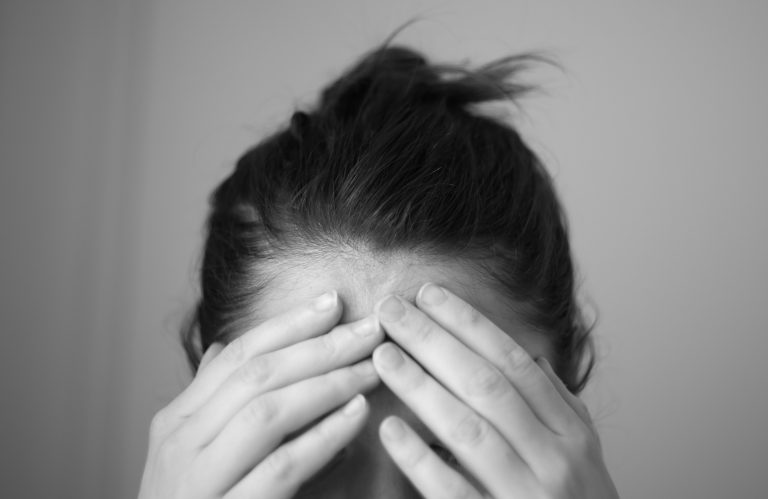If you have recently experienced a crash, you must know how terrifying it is. Car accidents result in multiple injuries. Individuals might suffer from fractures, internal bleeding, or permanent bone damage. However, these crashes don’t only cause physical harm. After a crash, you will also experience severe emotional instability. For example, most crash survivors experience post-traumatic stress disorder (PTSD).
Dealing with psychological issues is not easy and especially PTSD. You might not be able to understand your condition at the start but learning about the symptoms of PTSD helps you identify the problem. The quicker you diagnose your disease, the sooner you can move towards a treatment plan. If you experience the following symptoms after a crash, there is a high chance that you have PTSD.
Story Stages
Extreme Mood Swings
After experiencing a crash, you will feel upset for several days. At times you feel shocked, angry, fearful, and even guilty. It could be due to physical injuries and the mental stress you underwent during the incident. Some individuals completely isolate themselves and avoid meeting anyone for days.
Survivors feel difficulty in coping and end up becoming frustrated. If the situation doesn’t change within a few days, it is clear that you have PTSD. You will need proper treatment, which will cost you thousands of dollars.
That is why you should pursue the matter in court to get compensation from the person at fault. According to the lawyers at Stein Law Florida, “you should hire competent lawyers to achieve maximum recovery for your case.”
Most states cover emotional damage and physical harm, so don’t let the matter go unattended. Once you have the necessary help, you can get quality treatment.
Experiencing Nightmares
Amongst the long list of symptoms of PTSD, struggling with nightmares is at the top of the list. Dozens of survivors struggle with horrible nightmares. It could be a vision of the incident or the sounds you heard during the crash. Patients wake up screaming, crying, and sweating profusely.
Kids suffer from much more severe symptoms than adults. Some people remember every detail of the crash and it scares them even more. These nightmares keep you distracted and don’t let you fall back to sleep.
With time, you develop a permanent fear in your mind and don’t wish to close your eyes. Lack of sleep will affect your cognitive abilities, so you must focus on a treatment plan.
Avoiding Reminders
No other memory could be worse than that of a crash. The amount of trauma a victim experience is unimaginable. So most people, after physically recovering from a collision, avoid anything that could bring back those painful memories. People believe that the farther they stay away from the site, the lower the chances of having any flashbacks.
If your friends or loved ones resist driving a car after an accident or avoid things related to the crash, they might have PTSD. That is why they choose to stay away from anything related to the incident. In some situations, the mere thought of riding in a car seems scary.
So your family members might not be ready to go for an outing immediately. Don’t push them because it will only worsen their condition.
Detachment and Negative Feelings
People going through trauma don’t only feel irritated but also face depression. You can’t feel emotions for your family members and avoid taking part in activities. Those who actively volunteered for social causes refrain from setting out a foot from their home. If someone near you survives an accident, he will act differently. It could be the early stages of PTSD, so don’t ignore your condition.
Instead of pressurizing people, give them the necessary space. Crash survivors lack morale and energy, so you need to deal with them patiently. Apart from detachment, these individuals start to view the world from a pessimistic approach.
Individuals start to question why such an incident happened to them only or think of life as unfair. Along with this, survivors see every person in a negative light. From their family to unknown people, no one seems trustworthy anymore.
Surviving a crash changes a person. An individual who was once positive, hopeful, and social becomes introverted.
Increased Irritation
Another prominent sign of PTSD has increased irritation. Even the smallest matter agitates you and makes you excessively emotional. If you sustained minor or major injuries in a crash, your entire body comes under pressure, and it affects your mental health.
Your condition makes you scream at your spouse, children, and other family members. Those people who loved having people over start to think of them as a reason for their stress. PTSD significantly reduces your tolerance level, and you can’t deal with even the slightest inconvenience.
Angry outbursts become part of your personality, and without proper treatment, you become more self-destructive.
